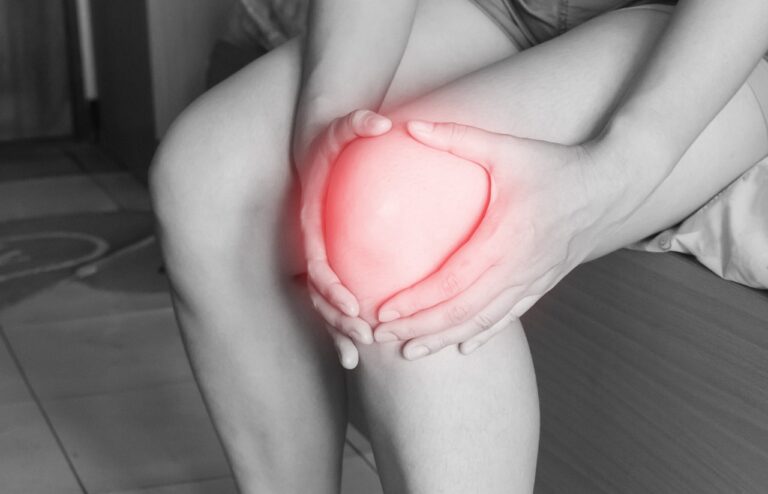Understanding Rheumatoid Arthritis: Symptoms, Causes, and Treatment Options: Sky247 log in, Gold365, Gold win 365
sky247 log in, gold365, gold win 365: Understanding Rheumatoid Arthritis: Symptoms, Causes, and Treatment Options
Arthritis is a broad term used to describe inflammation and stiffness in the joints, and there are many different types of arthritis that can affect people of all ages. One common type of arthritis is rheumatoid arthritis, which is an autoimmune disease that causes the immune system to mistakenly attack the body’s own tissues, particularly the joints.
Symptoms of Rheumatoid Arthritis
Rheumatoid arthritis can cause a variety of symptoms, including joint pain, swelling, and stiffness. These symptoms are usually symmetrical, meaning they affect the same joints on both sides of the body. In addition to joint symptoms, rheumatoid arthritis can also cause fatigue, fever, weight loss, and a general feeling of malaise.
Causes of Rheumatoid Arthritis
The exact cause of rheumatoid arthritis is not fully understood, but researchers believe that genetics, environmental factors, and the immune system all play a role in the development of the disease. People with a family history of rheumatoid arthritis may be at a higher risk of developing the condition, and factors such as smoking and obesity can also increase the risk.
Treatment Options for Rheumatoid Arthritis
While there is no cure for rheumatoid arthritis, there are several treatment options available that can help manage the symptoms and slow the progression of the disease. Medications such as nonsteroidal anti-inflammatory drugs (NSAIDs), corticosteroids, and disease-modifying antirheumatic drugs (DMARDs) are commonly used to reduce inflammation and pain in the joints. In some cases, surgery may be necessary to repair damaged joints and improve function.
In addition to medication, lifestyle changes such as regular exercise, maintaining a healthy weight, and avoiding smoking can also help manage the symptoms of rheumatoid arthritis. Physical therapy and occupational therapy can be beneficial in improving joint function and mobility, while alternative treatments such as acupuncture and massage therapy may provide relief for some people.
FAQs About Rheumatoid Arthritis
Q: Can rheumatoid arthritis be prevented?
A: While there is no surefire way to prevent rheumatoid arthritis, maintaining a healthy lifestyle and avoiding risk factors such as smoking can help reduce the risk of developing the disease.
Q: Is rheumatoid arthritis more common in women or men?
A: Rheumatoid arthritis is more common in women, with women being two to three times more likely to develop the disease than men.
Q: Can rheumatoid arthritis affect other parts of the body besides the joints?
A: Yes, rheumatoid arthritis can affect other organs in the body, such as the lungs, heart, and eyes. It is important for people with rheumatoid arthritis to have regular check-ups with their healthcare provider to monitor their overall health.
In conclusion, rheumatoid arthritis is a chronic autoimmune disease that can cause pain, swelling, and stiffness in the joints. While there is no cure for the condition, there are many treatment options available that can help manage the symptoms and improve quality of life for people with rheumatoid arthritis. By working closely with a healthcare provider and making healthy lifestyle choices, people with rheumatoid arthritis can live full and active lives despite their condition.







